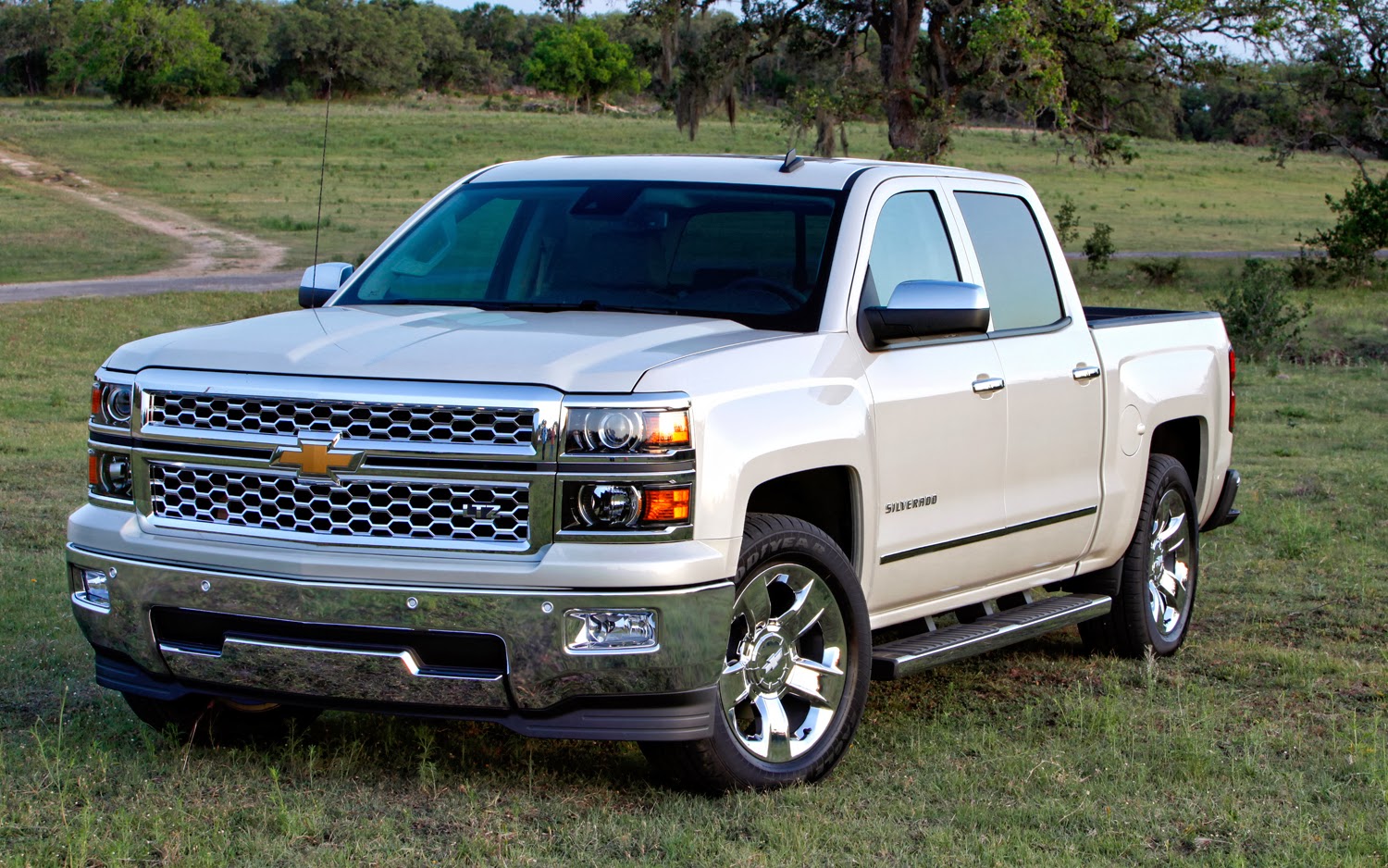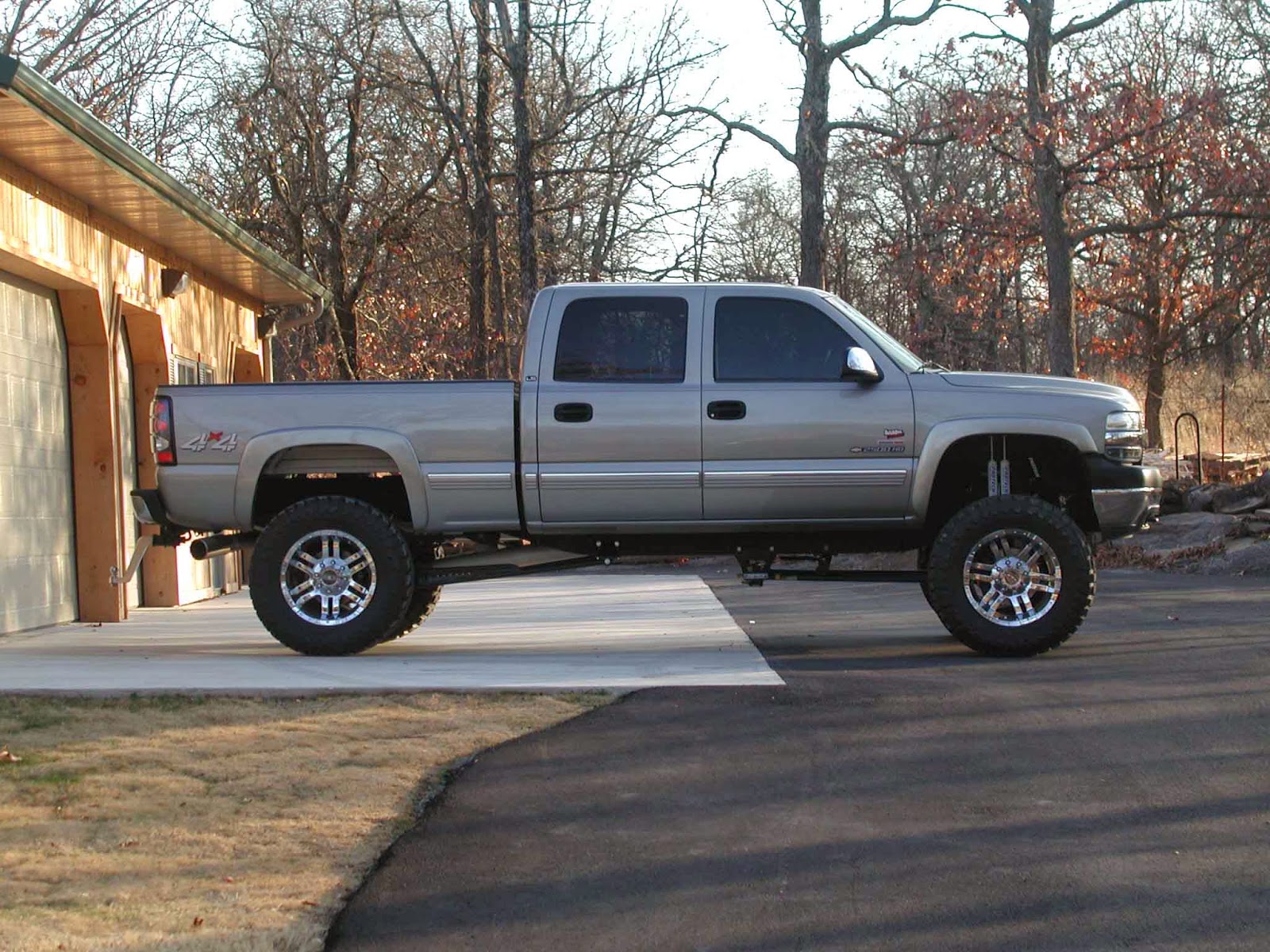Diesel engine designs striving to increase engine
performance have made great advancements in engine fuel delivery to the
combustion chamber. Today’s diesel engine is quieter, smoother, and more
powerful. But today’s diesel engine owners are overlooking one important
factor. The quality of today’s diesel fuel has not advanced at the same rate as
the engine improvements.
Diesel fuel begins to deteriorate as soon as it is produced.
Within 30 days of refining, all diesel fuel regardless of brand, goes through a
natural process called re-polymerization and oxidation. This process forms
varnishes and insoluble gums in the fuel by causing the molecules of the fuel
to lengthen and bond together. These components now drop to the bottom of the
fuel tank and form asphaltene also known as diesel sludge. The fuel begins to
turn dark in color, smell bad, and in most cases causes engines to smoke. The
engines smoke because some of these clusters in the early stages are small
enough in size to pass through the engine filtration and into the combustion
chamber. As these clusters increase in size, only part of the molecule gets
burned. The rest goes out the exhaust as unburned fuel and smoke. With
increases in cluster size they begin to reduce the flow of fuel by clogging
filters. The filters only address the symptom and not the cause.
It is estimated that eight out of every ten diesel engine
failures have been directly related to poor quality and contaminated fuel. The
build-up of contaminates in the fuel systems and storage tanks can quickly clog
filters, thus resulting in engine shut down, fuel pump wear, and diesel engine
damage.
Understand that most fuel has some amount of water in it
from either condensation or vents. This threat requires that we realize the
added burden placed upon diesel fuel as opposed to gasoline. Gasoline acts as a
fuel only. Diesel fuel, on the other hand, also must cool and lubricate
injection system parts. These parts are engineered to very close tolerances -
up to 0.0002 of an inch - and any contamination means rapid part wear. Water
displaces the diesel fuel. When the fuel is displaced wear occur because lubrication
is now absent.
Water that enters the combustion chamber results in even
more serious damage. When it comes in contact with the heat of the combustion
chamber (in excess of 2000 degrees F), it immediately turns to steam and often
explodes the tip of the injector. Water causes corrosion of tanks, lines,
injectors, and greatly reduces combustibility.
Other areas of concern include the producing more exhaust
emissions and effecting EPA standards.
Bacteria also present a serious problem. Bacteria feed on
nitrogen, sulfur, and iron that may be present in the fuel or tank.
Then there are algae. There are absolutely no algae in
diesel fuel. You may have fungus and microbial contamination but no algae. This
is a misnomer for diesel sludge. So if you have a diagnosis of ALGAE and add a
biocide, you have done two things, 1) found a mechanic that is wrong and 2)
done nothing to fix the problem.
Why is there so much bad fuel?
The number one reason is due to the increased popularity of
diesel power and the accompanying increased demand for more diesel fuel. There
was a time when diesel fuel remained in the refinery storage tanks long enough
to naturally separate and settle, allowing the clean fuel to be drawn off. Now
with increased demand, diesel fuel never remains stationary long enough for
settling, and the suspended water and solids are passed on to you, the user.
The change in refinery techniques is another problem. In
order to get more products per dollar; diesel fuel is now being refined from
more marginal portions of the crude oil barrel. This results in a lower-grade
product that is inherently thicker and contains more contamination.
Thirdly, current fuel distribution methods also have a
negative impact on the condition of the fuel at the time of delivery. In many
cases, brokers control fuel sales to major distribution terminals and determine
delivery dates. There is no telling how long that fuel has been in the
distribution network and how many times it has been transferred. Seldom do
these distributors filter the fuel as they transfer it.
The solution: Multifunctional diesel additive packages and
hardware.
For your single
Vehicle or fleet the improvement of
fuel quality by the use of additives and current technology is always a good
choice.
Many diesel fuel additive packages address the key issues
with respect to fuel performance; some improve fuel economy, increase
lubricity, improving cold flow, and improve cetane number. And some only
address the issue of rust and corrosion, but all should be considered.
Most diesel fuel additives contain combustion improvers that
release oxygen during the compression stroke. This allows combustion to start
sooner, providing for a more complete fuel burn. A more complete burn provides
all the power your fuel and engine is capable of producing. As combustion
improvers and you get a smoother running engine, an increase in horsepower that
improves fuel economy and the reduction in black smoke emissions.
Cetane is a performance rating of a diesel fuel, a higher cetane
number or cetane rating indicates greater fuel efficiency. The fuel’s cetane
influences, duration of white smoking after start-up, drivability before
warm-up, and intensity of diesel knock at idle. Increase the cetane number of a
fuel and you have improved performance.
In diesel fuel systems, the fuel provides lubrication for
the fuel pump and injectors. A fuel with poor lubricity can cause excessive
wear and premature failure of these components. Improve lubricity and extend
engine life.
Diesel fuels have pour points (the lowest temperature at
which an oil or other liquid will pour under given conditions) within the range
of normal winter temperatures. As a fuel approaches its pour point, paraffin in
the fuel form wax crystals that prevent it from flowing.
Flow-improver
additives modify the wax crystals, lowering the pour point of the fuel and give
better cold weather performance.
For on-sight storage tanks other issues must be looked at.
On-sight storage tanks always have a small amount of the first gallon of fuel
ever put in them, unless it is drained 100% and cleaned. So adding new, fresh
fuel always has a bit of the bad added to it every time fuel is purchased.
Diluting the bad with good over time is a loosing battle. The fuel will always
be bad fuel until the core problem is addressed
The order of treatment for fuel related problems should
always begin with a determination of whether there is water in the fuel and if
the fuel has microbes (fuel bugs) in it. Water Paste and Fuel Test Kits can be
used for this stage of maintenance. If microbes are detected, then the use of
biocides is needed. Biocides have no effect on and will not eliminate the
sludge problem. Biocides kill bacteria, that’s all!
The water issue should always be remedied first by the use
of fuel water separators on the tank or on the equipment. Next a
multifunctional chemical additive should be added to improve fuel performance
and then if needed a problem specific additive to dissolve diesel sludge and or
a rust inhibitor to protect steel tanks. For long-term prevention, the use of
magnet fuel conditioners is recommended. These devices continually reverse the
re-polymerization of the fuel during circulation and reduce the need for
ongoing additive use. All the needed cures are available from Dieselcraft Fluid
Engineering at www.dieselcraft.com
Conclusion
There is no good time to find out that your engine won't operate
or that half its life span is gone prematurely because of contaminated or poor
quality diesel fuel. Since no one can predict a breakdown, the only safe method
is prevention.
Realize now that you do have a problem, and manage it now,
or deal with the unexpected catastrophe and reduced equipment life that comes
at the absolutely wrong time and is not in the budget.



